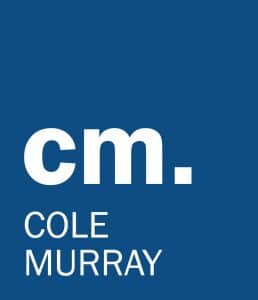Bank term deposits are a very simple, popular low risk financial investment, but are they the best option today?
Term deposits have many appealing features; returns are fixed and therefore predictable, distributions are regular and they are very easy to administer and setup. They often form the basis of many New Zealander’s retirement nest eggs.
However, since mid-2008 when New Zealand interest rates peaked and term deposits were returning between 8.5-9% there has been a steady reduction of the Reserve Banks Official Cash Rate (OCR) – with many economists predicting it could fall further. One year term deposit rates now sit around 3.50%. Once tax and inflation are factored in many people are having to look at alternative options or increase the amount of savings they are using to live off.
So what are the alternatives to term deposits?
There is the share market, property, corporate bonds and even commodities, but these can be high risk investments and not necessarily suitable for retirees who want a steady stable income. One of the fundamental principles of good investing is ‘don’t put all your eggs in one basket’, but diversifying with limited resources can also be a challenge.
One practical solution for retail investors is to place funds with a fund manager who will then pool your funds with other investors and invest across a wider range of assets. Choosing the right type of fund manager then becomes the next challenge – you need to consider the types of assets the fund manager invests in, their fee structure, if they invest in liquid assets, the tax structure of the fund, if they pay distributions and many other issues.
This is where engaging a Financial Adviser can really add value to your investment. They will be able to answer all these questions for you also structure a portfolio of funds that’s appropriate for your personal circumstance.
A conservative portfolio of managed funds can allow a retired investor to have a wide selection of investments and addresses some of the issues associated with only holding term deposits. The majority of funds would be directed toward income-producing assets such as government bonds, corporate bonds and cash. A small proportion would also be invested in growth assets such as property and shares.
The structure of this type of portfolio is designed to create a steady income that still allows for small amount of growth over the longer term. The value of any investment can always go up and down, but by diversifying into an appropriate asset mix history has shown you can reduce many of the risks associated with investing in a single asset or asset class.
To find the appropriate mix you need to discuss your situation with a Financial Adviser.
We’d be happy to discuss your options in confidence and find a strategy that works for your situation.
Figures updated as at February 2019. A disclosure statement is available, on request and free of charge.




